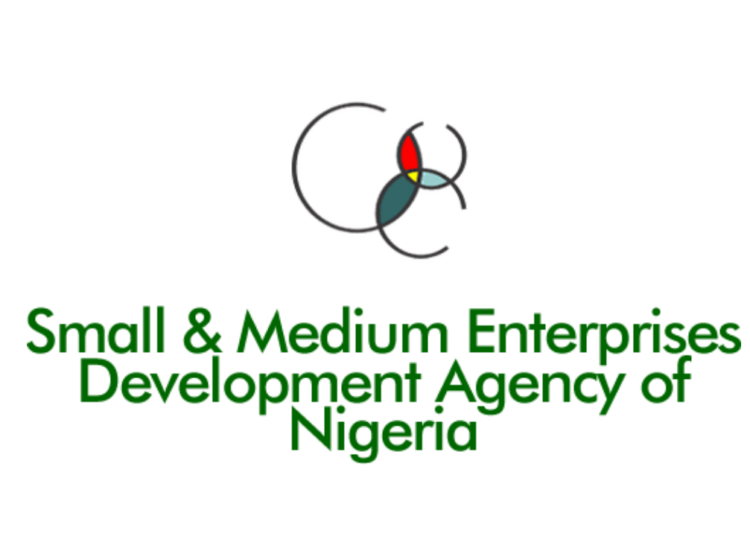The Small and Medium Enterprises Development Agency of Nigeria (SMEDAN) has signed a memorandum of understanding (MoU) with the Bank of Industry(BOI) and Sterling Bank to provide SMEs with access to capital at single-digit interest rates.
This initiative aims to support working capital, workplace procurement, and work equipment for small and medium enterprises (SMEs) with N6billion.
The director-general of SMEDAN, Charles Odi disclosed this development during the launch of the Sustainable Systems for Research and Innovation Financing (SSRIF II) and Nigeria Enterprise Support Organisations (ESO) project in Lagos, funded by the UK’s Research and Innovation Systems in Africa (RISA).
He emphasised the scarcity and high cost of finance capital for small businesses in Nigeria and highlighted the agency’s efforts to unlock capital for SMEs.
“We have signed a N5 billion loan deal with Sterling Bank and a N1 billion agreement with the Bank of Industry. We have also extended these efforts to different states, including Enugu, Anambra, and Katsina, to support bank growth through small businesses,” said Odii. He added that with access to these funds, SMEs could start and upscale their enterprises in Nigeria.
Odii expressed SMEDAN’s commitment to advancing the current administration’s economic prosperity agenda by addressing obstacles hindering SME growth and protecting them from inflationary pressures.
Also speaking, chief executive of the Impact Investors’ Foundation (IIF) Nigeria, Maria Etemore Glover spoke about mobilising government and private sector participation to strengthen the practice of Impact Investment.
She noted that the federal government had provided 50 per cent of the seed capital for establishing the Nigerian Wholesale Impact Investment Fund.
The Nigerian Wholesale Impact Investment Fund (WIIF), backed by stakeholders including the National Advisory Board for Impact Investing (NABII), IIF, Ford Foundation, and the Nigeria Competitiveness Project (a GIZ-funded programme), aims to drive sustainable and impactful investment by channeling financial resources into projects that generate positive social and environmental outcomes alongside financial returns.
Glover highlighted significant financing gaps for SMEs in Nigeria and Ghana, estimating $32.2 billion and $5 billion annually, respectively. She attributed these gaps to the lack of a robust pipeline of investment-ready businesses, inadequate capacity, inconsistent quality of Enterprise Support Organizations (ESOs), and a scarcity of transaction advisory services and efficient channels to connect businesses with investors.
Country Lead for RISA, Alice Omisore-Dada stated that, the multi-country project, funded by UK International Development, supports research and innovation systems strengthening in six African nations: South Africa, Ethiopia, Ghana, Kenya, Nigeria, and Rwanda.
This collaboration between SMEDAN, BOI, Sterling Bank, and various impact investment stakeholders represents a significant step toward supporting SMEs in Nigeria, driving economic growth, and fostering sustainable development.











